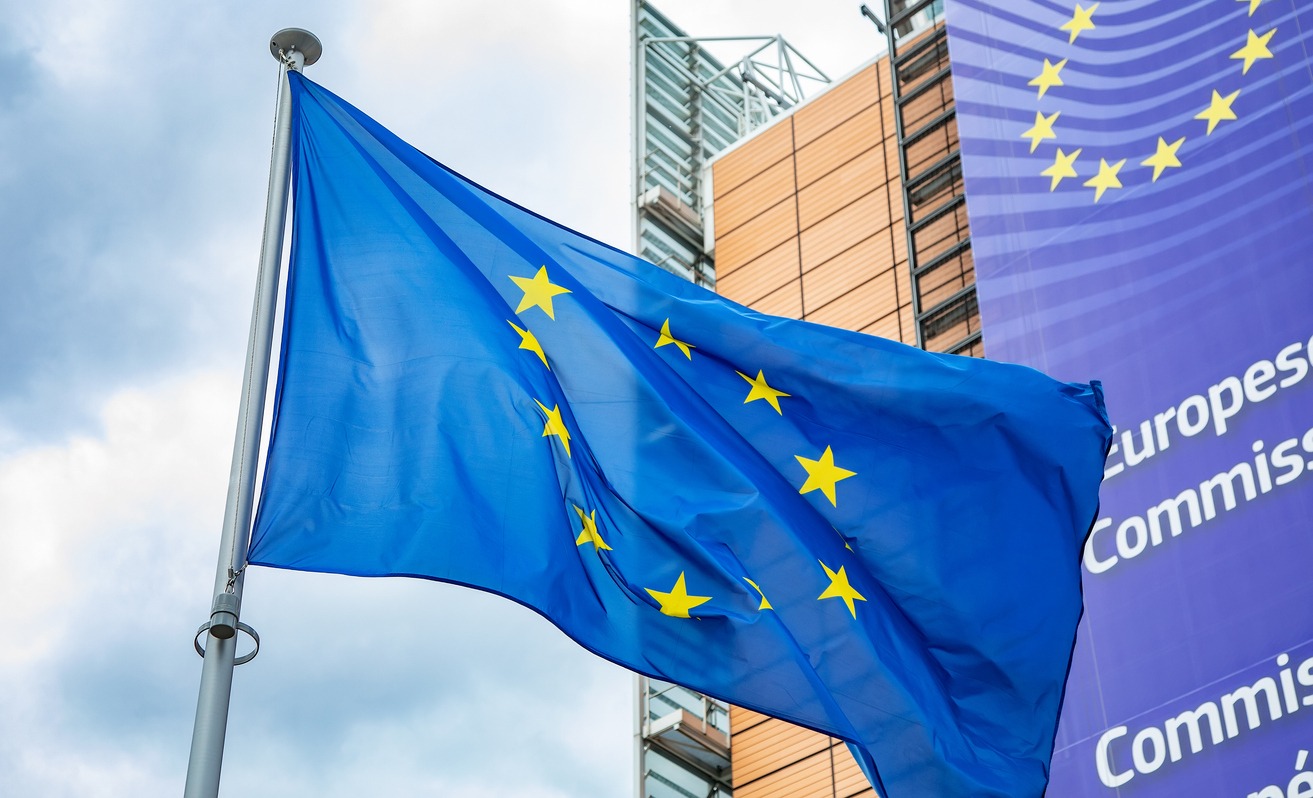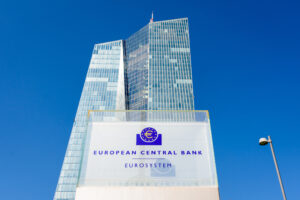In November 2024, European Commission President Ursula von der Leyen announced a simultaneous revision of three regulations on sustainability reporting for businesses and financial institutions: (1) the Corporate Sustainability Reporting Directive (CSRD), (2) the Corporate Sustainability Due Diligence Directive (CSDDD), and (3) the EU Taxonomy.
This revision, part of a legislative package known as “Omnibus”, is part of the recent Competitiveness Compass, which places regulatory simplification among the EU’s priorities. The stated goal is to reduce administrative burdens for businesses, with a decrease of at least 25% for businesses and 35% for SMEs.
While simplification can improve efficiency and reduce bureaucratic burdens, there is a tangible risk of a deregulation that could undermine the progress achieved so far in sustainability.
The Commission will present an initial Omnibus proposal in the coming weeks.
Omnibus: the risk of deregulation
The revision of ESG regulations, so far presented as a technical intervention to make it easier for businesses to comply with their obligations, could trigger a broader effect of regulatory uncertainty. Businesses and investors are already adapting to existing requirements, and any reopening of the entire regulations would risk undermining trust in the regulatory framework, hindering the investments necessary for a sustainable transition. To mitigate this risk, the European Commission should intervene at the technical level with targeted actions that simplify the implementation of existing regulations, providing clear guidance through guidelines, Q&As, sector-specific recommendations, and resolving any inconsistencies and implementation issues without compromising fundamental principles.
Studies by the EU Platform on Sustainable Finance show that existing regulations are already promoting greater transparency, improving the comparability of sustainability performance, strengthening the credibility of investment products and ensuring greater consistency in the analysis of investment risks and opportunities. These tools are also facilitating businesses’ access to a broader and more diversified base of investors, fostering a more effective dialogue between businesses and the market. Any radical changes to the regulations at this stage could risk undermining the progress made, delaying the realignment of capital with the objectives of the European Green Deal.
Private sector positions on Omnibus
On February 4, 2025, over 160 investors – who manage a portfolio of approximately €6.6 trillion – urged the Commission to preserve the integrity and ambition of the sustainable finance regulatory framework, avoiding changes that could generate further uncertainty for the market. The signatories included several Italian financial institutions.
As early as January 8, 2025, a coalition of some of France’s largest businesses, including Amundi, L’Oréal and Carrefour, sent a letter to European lawmakers emphasising the importance of maintaining strong ESG standards, which are vital for economic stability and investor confidence.
On January 17, 2025, a further appeal was made by a group of multinationals and trade associations, including Ferrero, Nestlé, Primark and Unilever. In a letter addressed to key EU Commissioners, they called for regulatory certainty and warned against the risk of reopening already agreed and adopted legislative texts, which would undermine the stability of the regulatory framework.
Italy and regulatory consistency
Italy has reaffirmed its commitment to sustainable finance by incorporating the CSRD into national law with Legislative Decree 125/2024, which provides for a phased implementation starting in 2025. Additionally, the Italian government has supported the EU Taxonomy and voted in favour of the CSDDD, demonstrating a clear dedication to stable regulation.
In this context, it is crucial for Italy to continue promoting a clear and predictable regulatory framework that ensures the competitiveness of both Italian and European businesses in the context of global transition. The alignment between sustainability policies and competitiveness goals is a positive signal, but it must not result in a weakening of existing rules. Initiatives such as the Clean Industrial Deal – also arriving on February 26 – are key to strengthening the competitiveness and economic resilience of the European industry. Again, their success depends on regulatory certainty and the consistency of rules. Therefore, the priority must be to ensure stability and clarity for the private sector, avoiding uncertainties during a crucial phase of implementing ESG regulations. Without a well-oriented and sustained private sector, closing the investment gap needed for the transition will be close to impossible.
Photo by arcady_31







